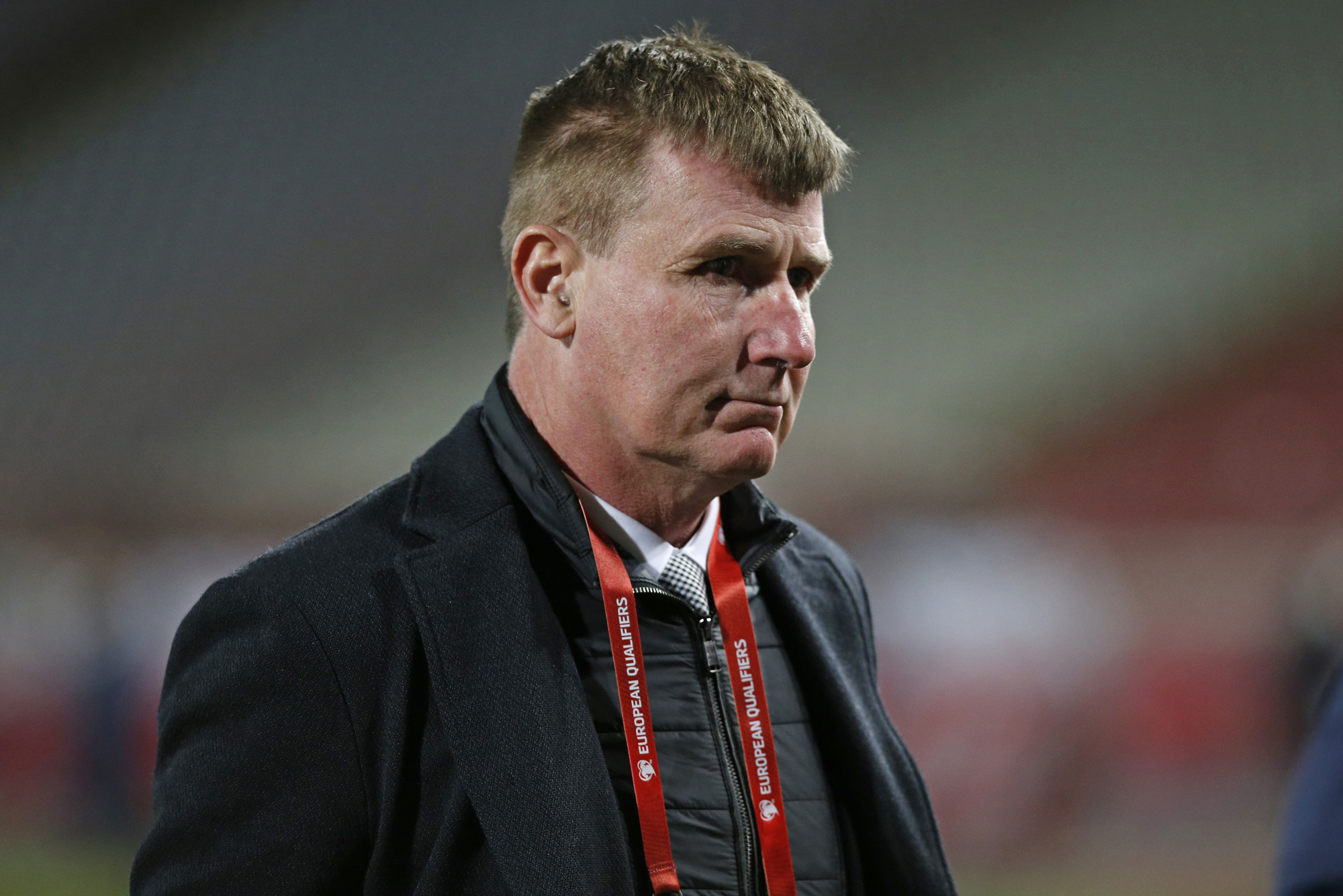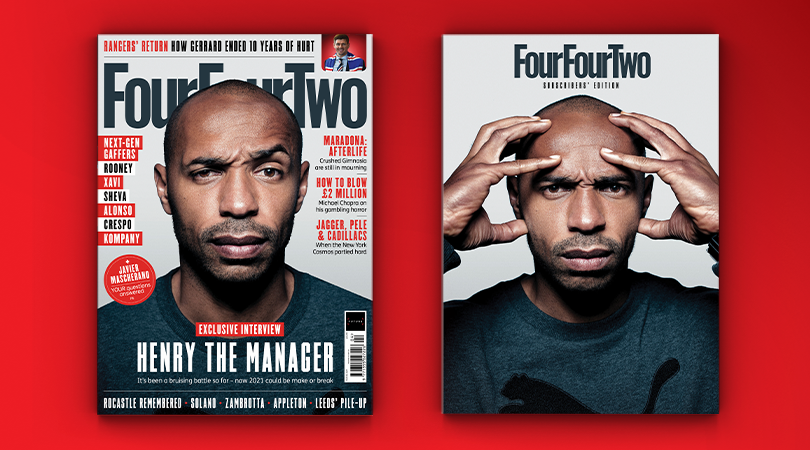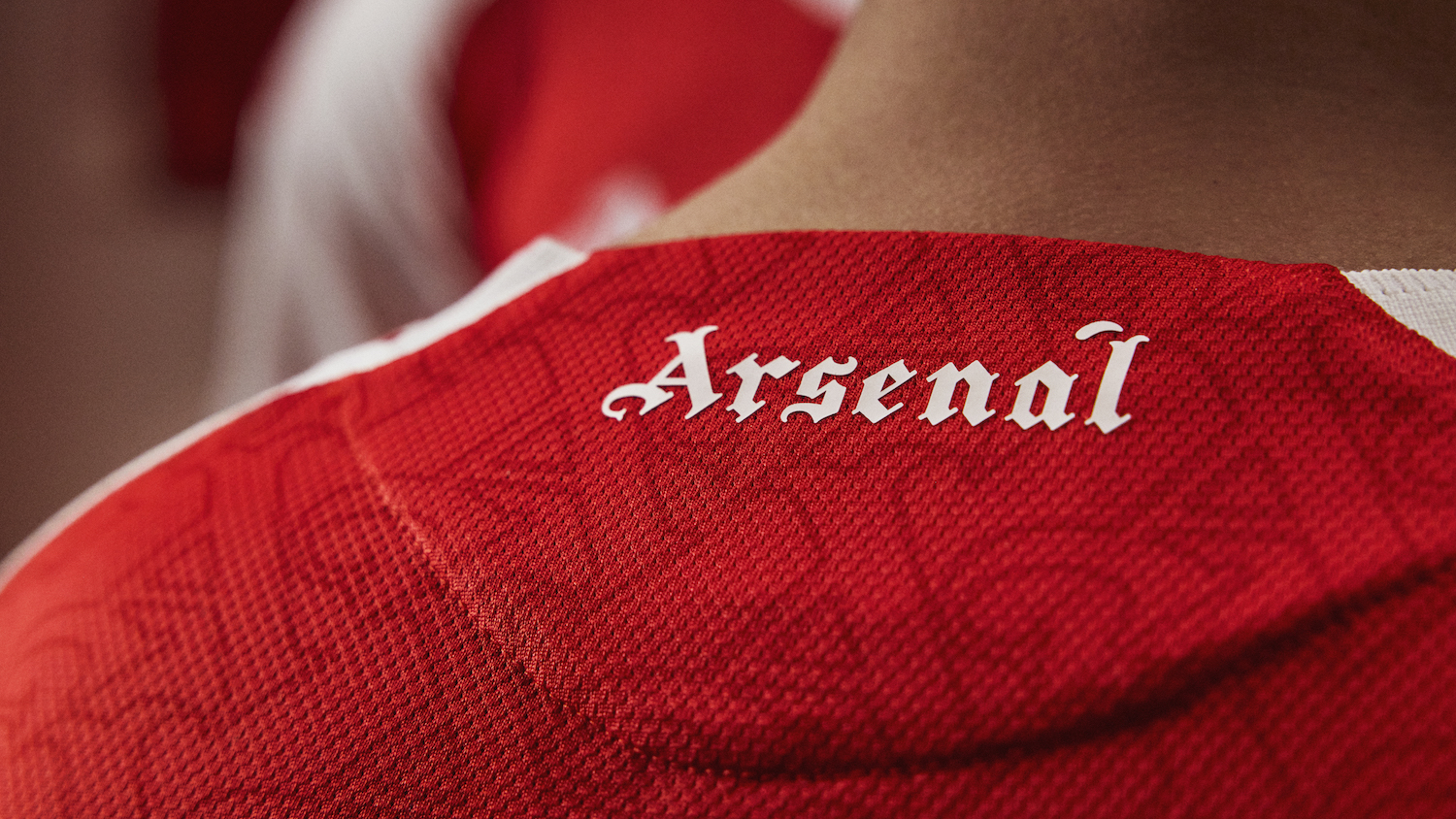Ireland didn't play attractive football when they had the players to - so why try it now?
Stephen Kenny wants Ireland to get the ball down and play but there may never have been a worse time to try this

Shane Duffy won the Republic of Ireland’s goal-of-the-year award for 2020. He was the runaway winner, with the sort of share of the vote a dictator who rigs elections could only envy: 100 percent. It is because Shane Duffy scored Ireland’s only goal of 2020.
That is facetious: actually, the FAI’s official website shows no goal of the year for 2020, while even the 2019 prize went for an Under-21 strike, by Troy Parrott. There should at least be more competition for the 2021 award. Alan Browne’s header against Serbia on Wednesday was a belated first goal in open play under Stephen Kenny, 768 minutes into his reign. James Collins’ late consolation was the first by anyone remotely resembling a forward.
EVERYTHING YOU NEED TO KNOW Euro 2020: new dates, venues, tickets information, coronavirus protocols, and groups
The Irish drought, and Kenny’s wretched start, felt both freakish – the manager has been luckless, with Covid cases, close contacts, self-isolating and injuries – and symbolic. An attempt to reinvent Ireland, to implement a passing ethos, would have been tough even with a full pool of players and with more time to train, rather than packed programmes of internationals. Ireland have arguably their least gifted group of players in decades; in particular, they are short of specialist scorers. They have been since 2013; Robbie Keane’s only subsequent goals for Ireland came against Gibraltar and Oman. He scored 68 international goals. The current squad have 52 between them, and 17 of them came from Shane Long, who has not struck for his country since 2016.
That 3-2 defeat against Serbia renders it less likely Ireland will even reach the play-offs, let alone the 2022 World Cup. They will probably miss three consecutive major tournaments. And yet scoring twice in a competitive game against decent opposition for the first time since 2016 – also Serbia – feels a step in the right direction.

IN THE MAG Thierry Henry exclusive! Plus Rangers, Rocastle, Mascherano, Maradona, Chopra, Appleton and more
Whether Ireland reach a suitable destination is a moot point. There is an air of transition about Kenny’s Ireland but while he has benched some senior figures, so many of their premier players – Seamus Coleman, Matt Doherty, Enda Stevens, Ciaran Clark, Darren Randolph, James McClean, James McCarthy, Robbie Brady, Jeff Hendrick, Conor Hourihane, Duffy and Long – are 29 or over that each would be at least 32 by the time of Euro 2024 and the majority almost certainly will not play in a major tournament again. If it is transition, then transition to what?
The Irish civil war can feature questions of personnel and philosophy. Ireland’s group would look better if a full international, Declan Rice, and an Under-21 international, Jack Grealish, were still available to them; the Irish diaspora may be less of an advantage than at any point since Jack Charlton’s appointment.
The best features, fun and footballing quizzes, straight to your inbox every week.
And yet they can only envy their neighbours in Wales and Scotland, each of whom boast far more talent and, in particular, more technically gifted players. It is hard to imagine the current Irish team scoring a goal like Harry Wilson’s classy opener in Wales’ loss to Belgium.
Perhaps Kenny does envisage it, though. Maybe he is destined to go down in Irish history as a naïve idealist, maybe as the man who belatedly brought change to the national team and introduced more progressive passing, altering the age-old reliance on clean sheets and set-pieces, kick and rush and displays of spirit.
BIG GOAL! And Ireland's first for over 11 hours.Follow #SRB vs #IRL in the #FIFAWorldCupQualifiers here: https://t.co/5lXJ3SNmLK pic.twitter.com/VrtxdXJmX1March 24, 2021
All of which may be damning former teams with faint praise. But with occasional spectacular outbreaks – Ronnie Whelan’s Euro ’88 goal against the Soviet Union, Ray Houghton’s 1994 World Cup winner against Italy, Jason McAteer’s 2001 qualifier decider against Holland – skill has been camouflaged, a capacity to generate memorable wins – England, Italy, Holland, Germany – serving as justification for directness; the ends have justified the means.
The managers who taken Ireland to major tournaments – Charlton, Mick McCarthy, Giovanni Trapattoni, Martin O’Neill – have all been pragmatists. Perhaps Charlton, the transformative figure and national hero that he became, could have conjured better football from some hugely accomplished players.
Instead, Kenny is trying to deliver it with far worse raw materials. It can feel an experiment with a nation’s footballing future. There is a broader issue of whether countries with lesser players can aspire to play better football, if it can work sufficiently well to become a pragmatic choice in itself, or if Ireland remain trapped in a permanent cycle of defensiveness and dullness. It may be determined if Kenny’s eventual successor – and results over the last seven months provide a case for replacing him sooner rather than later – is a likeminded soul, or someone who seeks to reverse his moves and revert to what feels typical Irish football.
Maybe Kenny will be doomed not by his ideas but by the absence of a Keane, whether Roy or Robbie, to spare them from defeats. But in the short term at least, with Luxembourg visiting Dublin on Saturday, they have another chance to score more goals in 90 minutes than they did in 2020.
Subscribe to FourFourTwo today and get your first five issues for just £5 for a limited time only - all the features, exclusive interviews, long reads and quizzes - for a cheaper price!
READ MORE
FEATURE What kind of manager is Xabi Alonso?
EURO 2020 England Euro 2020 squad: FourFourTwo writers pick who they'd take this summer
SOCIAL What's the greatest comeback in the history of football? FourFourTwo followers have their say
Richard Jolly also writes for the National, the Guardian, the Observer, the Straits Times, the Independent, Sporting Life, Football 365 and the Blizzard. He has written for the FourFourTwo website since 2018 and for the magazine in the 1990s and the 2020s, but not in between. He has covered 1500+ games and remembers a disturbing number of the 0-0 draws.
 Join The Club
Join The Club






